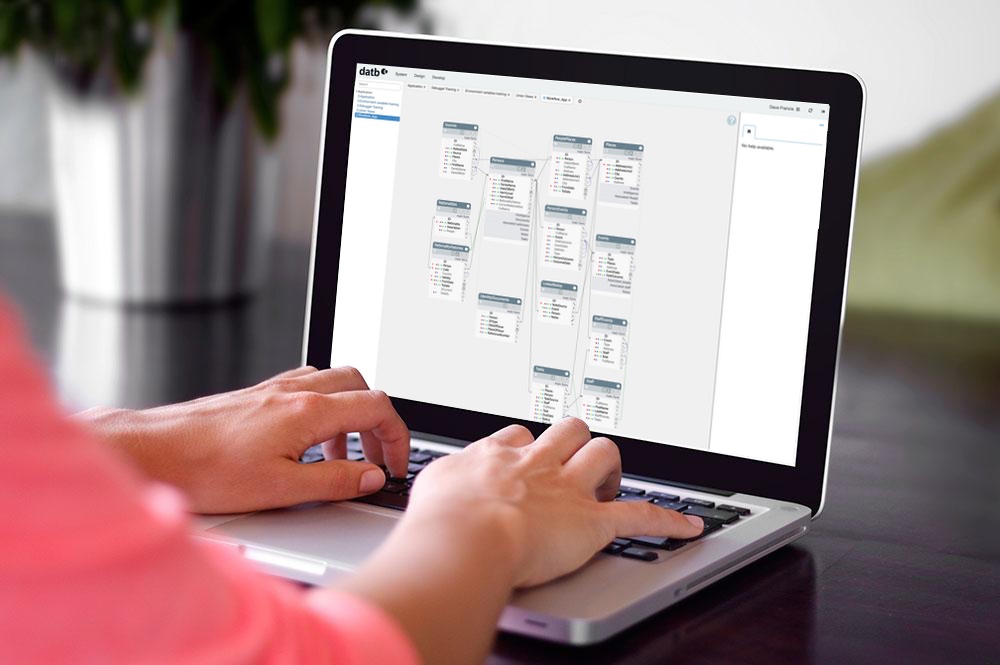In the 21st century it is a given that all businesses will require IT and therefore some applications to help them operate.
What is not a given is exactly what, aside from commodity applications like browsers and spreadsheets, those applications will be.
Every business is different, so requirements for IT systems will vary. Invariably, as staff join an organisation, they will have preferences on particular applications as they know how to use them and/or they have had a positive experience with them in the past.
This is how certain companies’ software becomes accepted as the “norm” for many business processes. But some of these products can be very expensive.
With some of these standard applications (I use the word standard, as there are usually just a handful of known brands for processes like customer records, project delivery etc), often you will only use certain aspects of these products and whilst paying for many features that you will never use.
At datb we use kinodb, for everything. Well not quite, we still have products like Microsoft Office and Slack, but for everything else there is kinodb.
kinodb is our development and deployment platform. It can be used to make just about any application that you can imagine.
We have built an application called dito (day in the office). This is used as our central company diary, for meetings management, project delivery, requirements management, it’s our central HR database, process repository, change control manager, support issue tracker, security database, and many more things besides.
dito is an all-in-one application. This makes sense as many business functions will use the same data in support of different processes (information on staff members is a perfect example of this). Rather than having to maintain this information across several applications we only need to do it once.
The project delivery element of the application is particularly powerful. Client projects’ requirements are recorded and all project documents are linked to it. Enhancements, support issues and bugs are all under one roof, as are test plans, test execution records and quality assurance and security reports. This means that for any project that we deliver, there is a one-stop-shop recording for everything that was done, who did it, and why.
Once a product is released, the support team has access to everything that they need in respect of the design and implementation of the product, including knowledge base articles relating to anything that was created specifically for this particular application. All of this means that we can ensure the best level of service to our customers.
Like our customers, we gain the benefits of a legacy free application! When we enhance the kinodb platform, we also gain the benefits. So, our own application will never become obsolete and works today just as well as it did a decade ago when we first created it, and on devices/browsers that didn’t exist when the application was first created.
So, it may be worth considering whether your IT requirement would be better served by your own custom solution, built on kinodb, rather than a big brand product that may meet needs that you don’t have, whilst failing to meet those that you do.
To find out more about the benefits of kinodb, click here.




